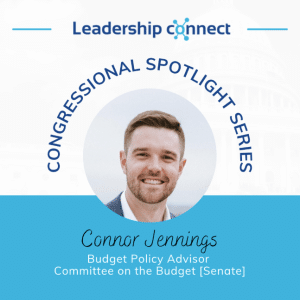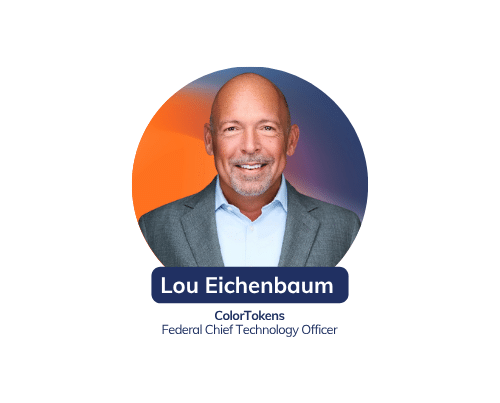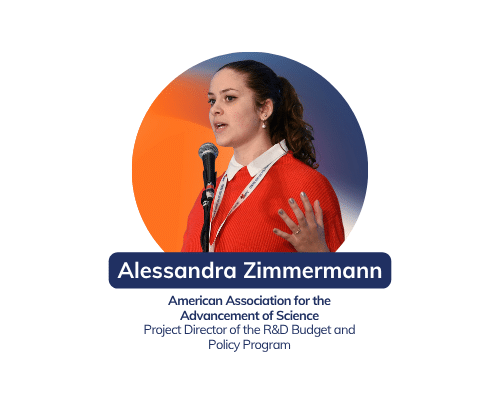Shaping Budgets, Building Consensus, and Moving Policy That Matters

This week, we spoke to Connor Jennings, Budget Policy Advisor for the Committee on the Budget.
Can you walk us through your career path and the steps that led you to your current role as Policy Advisor?
I started my career as Program Examiner in the Office of Management Budget in their Agriculture Branch. I got hired into OMB through the Presidential Management Fellows (PMF) program fresh out of grad school. When I started my career, I was confident that I did not want to work in a political role and that I would be happy being a policy wonk as they say. OMB is an incredible institution, and my time there allowed me to become versed in federal budget policy in a way that’s hard to replicate outside the organization.
As part of the PMF Program requirements, you must complete a 4 – 6 month developmental rotation at another office or agency. Through this, I was fortunate enough in 2021 to detail in Congress for the Senate Appropriations Committee, subcommittee for Agriculture. My main goal of the detail was to get some experience working on the Hill because at the time, I never thought I would come back in my career. Spending those months getting to experience all the Hill has to offer, specifically in the Senate, made it clear to me that if I ever did decide to leave federal service, it would be to come back to the Senate. I will always credit and appreciate the PMF Program for helping me get to where I am in my career!
A few years later I saw a posting for the Senate Budget Committee looking for someone with a background and knowledge base of the federal budget process that was very similar to mine. I took a shot throwing an application in and was fortunate enough to be hired. Here I’ve been able to leverage the skills and experiences I learned at OMB in crafting an agency’s annual budget and now I am applying it government-wide. It has been a whirlwind; staffing and leading Hearings, working through reconciliation bills, and getting to provide policy guidance to different members has been such a fulfilling experience.
Which policy areas or legislative issues are you most passionate about and how do you stay informed and engaged in those specific areas?
Outside of federal budget policy writ large, I am particularly focused and passionate about
Transportation and Housing policy. While these policy spaces encompass vast areas of government and private interaction, they stand out to me because they impact people’s daily lives in tangible ways.
To stay engaged on these issues, I try to set aside time each workday to stay current on developments both in and outside of government. Congressional committees with jurisdiction over these areas often hold informational hearings on timely topics, which I make a point to follow. As legislative activity increases in a given policy area—such as during a Surface Transportation Reauthorization—external organizations also begin releasing valuable insights and analysis related to the emerging legislation, which I actively track as well.
Can you describe a challenging or rewarding project you’ve worked on as a committee staffer that significantly impacted your professional growth? How did you navigate the challenge, and what did you learn from the experience?
During the 118th Congress, while we were in the Majority, our committee worked with offices in both parties to help shepherd a bill through Committee that would permanently exempt railroad workers’ unemployment and sickness insurance benefits from mandated sequestration cuts. Mandatory sequestration is a relatively obscure aspect of federal budget policy, something that doesn’t often get discussed except when it causes an issue. This was a meaningful opportunity to correct a longstanding oversight—putting money back in the pockets of rail workers immediately.
On this, I was the lead staffer on our team tasked with ensuring we could have a bipartisan markup if we held one in Committee. This required working with the bill’s sponsors in both parties and relevant outside industry groups in railroad policy to build a bipartisan coalition. At our Committee markup, the bill advanced unanimously, and it was ultimately added into end-year legislation and finally signed into law. Being able to assist in guiding and advancing a bipartisan fix with real, tangible impacts for working people is definitely a career highlight.
What’s one piece of advice you would offer to those hoping to succeed as a Policy Advisor on Capitol Hill?
Embrace saying yes! Being open to new opportunities, assignments, and events is one of the best ways to build relationships and expand your exposure to different policy areas. There are so many smart, experienced people on the Hill and in this city—being able to tap into that knowledge is invaluable. Often, recognizing what you don’t know and seeking advice from experts is the smartest move. Over time, this approach will only sharpen your policy skills and deepen your effectiveness.
In your view, what sets working on a congressional committee apart as a unique experience on Capitol Hill, and how do you navigate the specific challenges that come with it in your daily work?
Like anything, working for a Committee has its pros and cons Being on a Committee staff often lets staff members dive deeper into their relevant policy areas — gaining a specialized expertise in your committee’s jurisdiction or policy area is a great way to make yourself valuable in your career. On the flip side, finding opportunities to branch out of those areas can be harder to find on a Committee.
You also never fully know what your week or year will look like working on a Committee. You always have some idea on what is coming down the pike, but Congress is a crazy place (in both a good and bad way) so you need to be flexible each day. Some days you’re working all night on a reconciliation vote-a-rama and others you’re waiting around for certain floor action that never comes. Like anything in life, it’s a balance.
Word association, what is the first word that comes to mind for each of these?
Policy – Wonk
Networking – Needed
Writing Skills – Narrative
Working on Capitol Hill – Exciting
Leadership Connect – Resource






